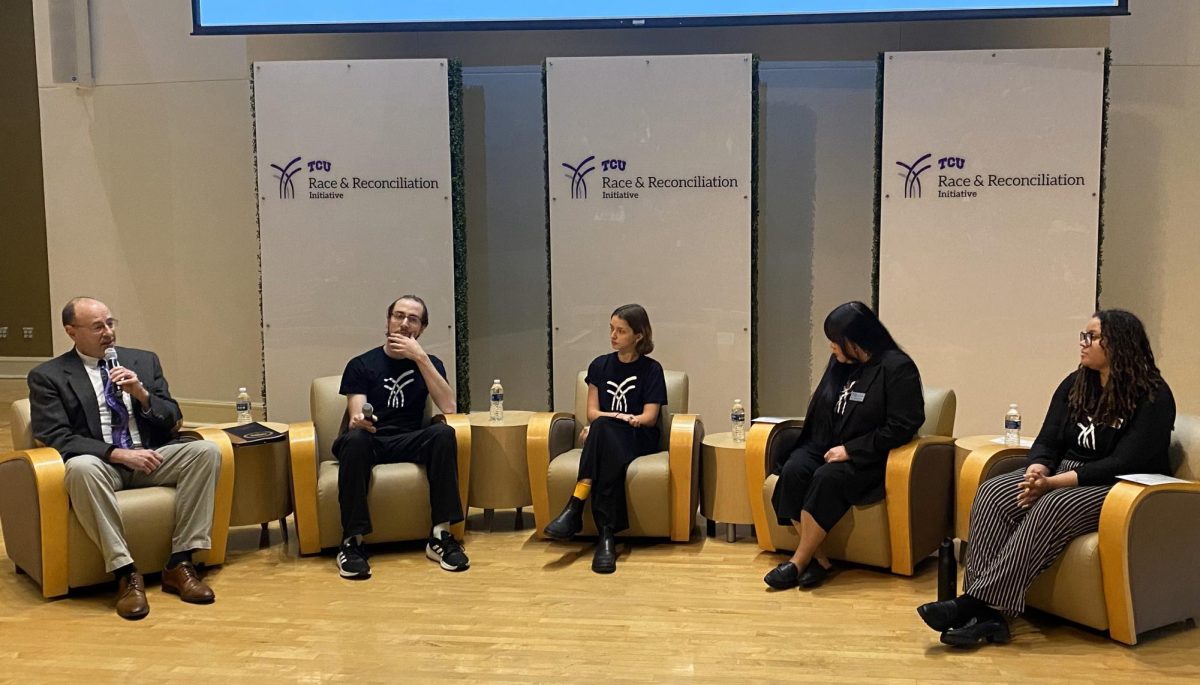The anonymous college gossip Web site JuicyCampus.com, which stirred controvery at campuses across the country, shut down Thursday after a year and a half of operation, according to a press release from the company’s founder.
Matt Ivester, founder of JuicyCampus, wrote in the release Wednesday that the Web site’s “exponential growth outpaced our ability to muster the resources needed to survive this economic downturn, and as a result, we are closing down the site as of Feb. 5, 2009.”
Ivester cited in the release that declining advertising revenue and decreased interest from financial contributors were the reason for the Web site’s financial straits.
Former Student Body President Thomas Pressly, who co-authored a Student House of Representatives resolution condemning the Web site in February 2008, said he was encouraged by JuicyCampus’ shutting down.
“I think it’s a great thing that it’s gone,” Pressly said. “The idea behind it was ridiculous.”
Pressly said he was skeptical of the validity of the press release, though, and it might just be a publicity stunt.
“(JuicyCampus’) track record has involved trying to get their name out there even more,” Pressly said.
Ivester did not reply to requests to comment.
In February 2008, Google, a former provider of ads from the Web site, pulled its Ads By Google platform from the Web site after they learned of its gossip-oriented nature.
JuicyCampus was also subpoenaed by the New Jersey attorney general. According to a March 2008 press release, the attorney general’s office was “investigating whether JuicyCampus.com is violating the state’s Consumer Fraud Act through unconscionable commercial practices and misrepresentations to users.”
The attorney general’s office subpoenaed Lime Blue, the company that owned JuicyCampus, to “reveal how the site chooses the colleges it features, how the users’ school affiliations are identified and how parental-consent forms are implemented.” The office also subpoenaed AdBrite, a former provider of ads for the Web site, and requested materials that include how JuicyCampus represented itself to AdBrite, including the types of ads requested by the Web site.
JuicyCampus, had experienced a large amount of growth in the past year, from 60 campuses supported in February 2008 to more than 500 at the time of the Web site’s closing.
Ivester closed the statement by saying, “While there are parts of JuicyCampus that none of us will miss – the mean-spirited posts and personal attacks – it has also been a place for the fun, lighthearted gossip of college life. I hope that is how it is remembered.”




